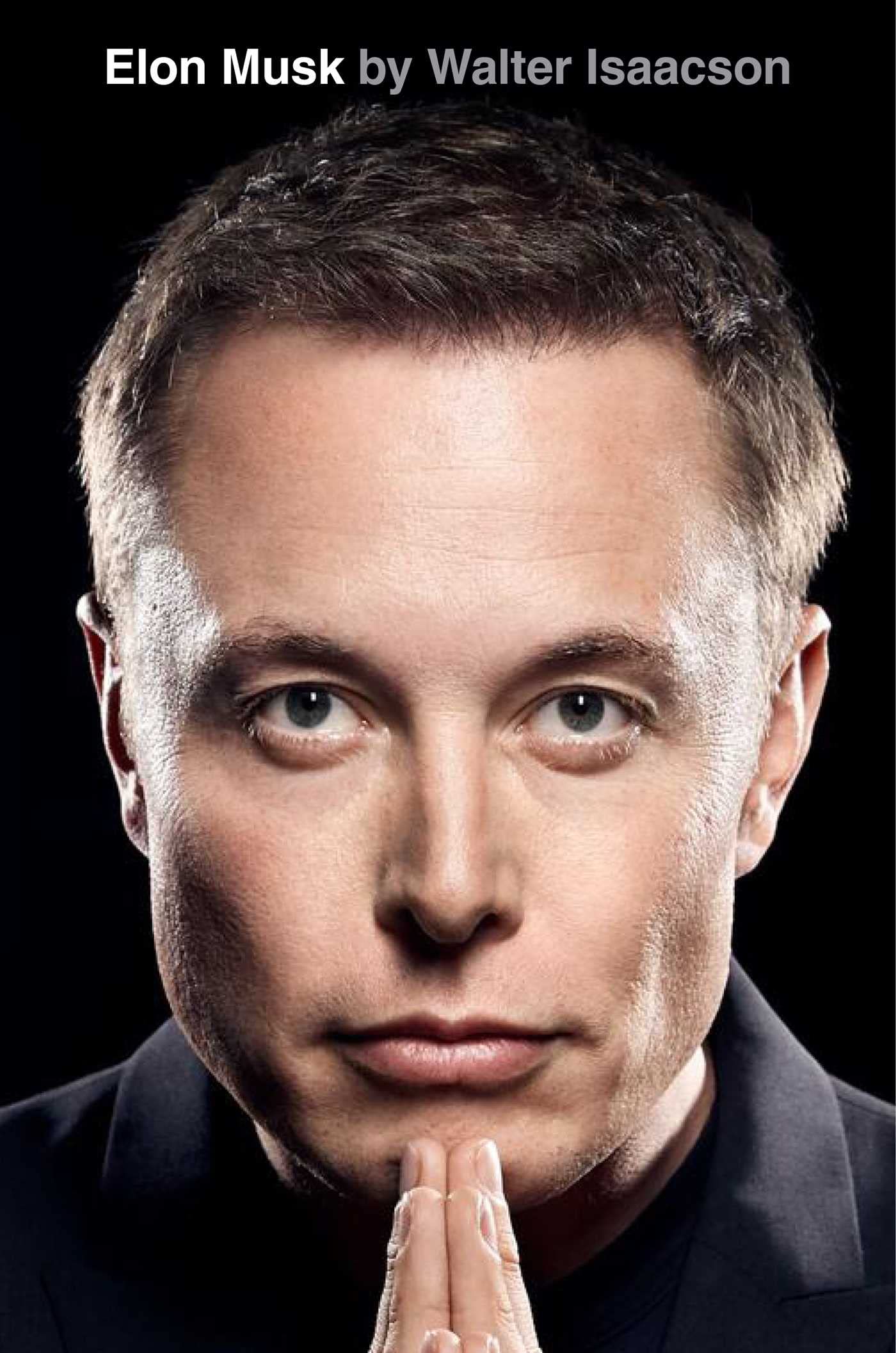19. Mr. Musk Goes to Washington
byMr. Musk Goes to Washington details the pivotal period in SpaceX’s history, focusing on the dynamic relationship between Elon Musk and Gwynne Shotwell, who played a crucial role in establishing the company’s position as a leader in the space exploration industry. Shotwell, joining SpaceX in 2002, was an essential partner to Musk, blending technical knowledge with exceptional communication skills. Her experience from her time at companies such as IBM, Chrysler, and Microcosm Inc. allowed her to bring a wealth of knowledge to SpaceX, particularly in managing complex operations. Musk’s often direct and uncompromising approach to leadership could sometimes make his vision difficult to implement, but Shotwell’s ability to work alongside him and communicate effectively ensured that SpaceX stayed on track through critical junctures.
Throughout their partnership, Shotwell’s leadership was pivotal in shaping the company’s strategy, particularly as SpaceX faced numerous challenges in the competitive and complex aerospace industry. Musk’s visionary goals, while ambitious, were often far ahead of industry standards, requiring Shotwell’s diplomatic skills to turn those ideas into actionable steps. Her deep understanding of the aerospace sector and her talent for managing Musk’s sometimes difficult personality ensured that SpaceX could not only survive but thrive. Shotwell’s role in these formative years helped lay the foundation for the company’s future success, turning it into a major player in the field of commercial space exploration. Her efforts and Musk’s commitment led to SpaceX achieving significant milestones, including securing government contracts and transforming the perception of electric rockets.
A significant moment for SpaceX occurred in 2003 when Musk and Shotwell traveled to Washington with the goal of securing a crucial contract with the Department of Defense to launch tactical communication satellites, known as TacSat. Despite the unexpected incident where Musk broke his tooth just before a critical Pentagon meeting, their mission was a success. This contract, valued at $3.5 million, marked a transformative milestone for SpaceX, giving the company its first major government deal and proving its technology was viable on a larger scale. Following this achievement, SpaceX showcased the Falcon 1 rocket in Washington, impressing NASA officials and paving the way for further collaborations with the space agency. Musk’s frustration with NASA’s bureaucratic nature, particularly when it awarded a contract to Kistler Aerospace, led SpaceX to take legal action, which eventually resulted in the company winning a significant portion of the contract after a competitive bidding process.
In addition to winning government contracts, this chapter underscores SpaceX’s impact on the broader aerospace industry, particularly through its efforts to challenge the traditional approach to government contracting. Musk, driven by a desire for efficiency and cost-effectiveness, advocated for fixed-price contracts, in stark contrast to the long-standing use of cost-plus contracts that had traditionally burdened government space ventures. Shotwell, in her leadership role, played an essential part in navigating these conversations and helping SpaceX position itself as a disruptive force in the space industry. This shift in contracting methodology, along with SpaceX’s groundbreaking work, signified a new chapter in space exploration, one in which private companies began to play a more significant role. These efforts not only showcased SpaceX’s technical and commercial prowess but also demonstrated the company’s capacity to reshape how space exploration projects were conceived and executed.
Ultimately, Mr. Musk Goes to Washington offers a detailed look at how SpaceX overcame numerous obstacles to become a dominant force in the space industry. The chapter highlights the critical importance of visionary leadership and strategic partnerships, especially the dynamic relationship between Musk and Shotwell. Together, they turned SpaceX into a company that not only secured vital contracts but also played a transformative role in commercial space travel, satellite launches, and the future of space exploration. This collaboration laid the foundation for SpaceX’s long-term success and growth, revolutionizing the space industry and shifting the focus from government-driven projects to the significant involvement of private enterprise in space exploration. Through their efforts, SpaceX became a powerful example of what innovation and bold leadership could achieve, positioning the company as a trailblazer in the new era of space exploration.


